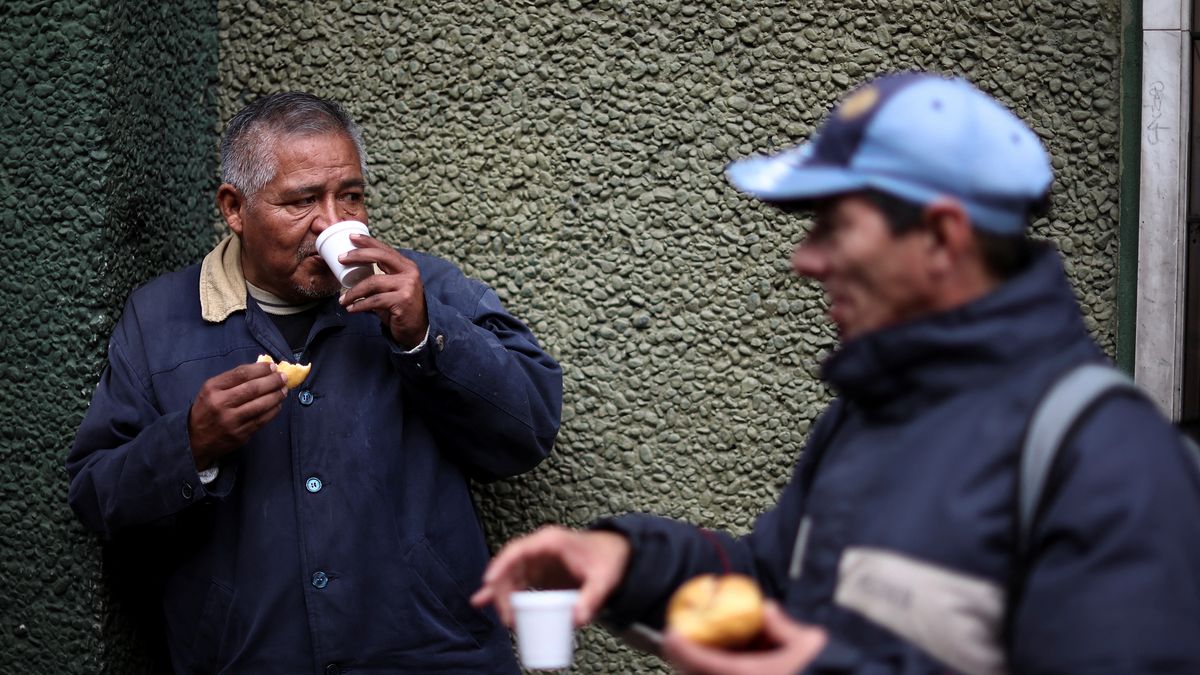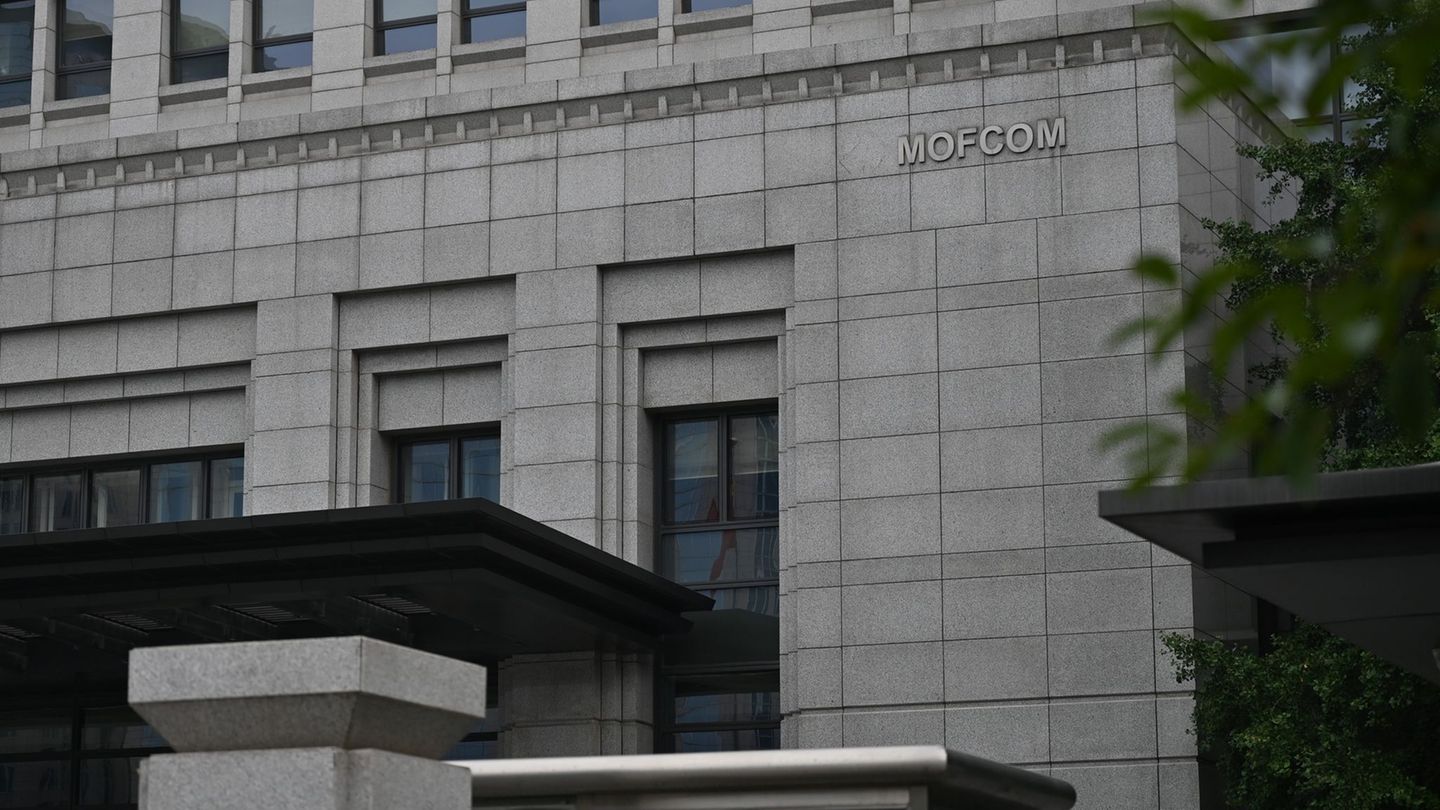The concentration of the urban population in Argentina is a phenomenon that has gained increasing relevance in recent decades. According to data from the National Institute of Statistics and Censuses (INDEC), 91% of the Argentine population currently lives in urban areas, a percentage that has been increasing since the 1990s. This urbanization process has had a profound impact on the dynamics social, economic and political of the country, forcing local rulers to face new challenges and the population to demand a better response to the structural problems that this situation has generated.
The explosive growth of cities brings great opportunities, but it also exposes the flaws in our economic system. Poverty, insecurity and labor informality are symptoms of an urban structure that has not been able to fully integrate all its inhabitants. This presents us with an urgent challenge: only by strengthening urban work and local economies can we reverse this situation that today affects 24.9 million people.
Urban work does not only refer to the creation of jobs within cities, but to a broader strategy that recognizes cities as the engines of economic and social development. Today more than ever, we need Urban Strategists, professionals who can design policies capable of responding to the complexity of urban life, with an integrated vision that considers infrastructure, security, employment, housing and social well-being.
Urban Strategists have a crucial role to play in this process. They are the ones who can generate effective policies that facilitate the formal labor insertion of citizens, combat poverty and promote local economic development. It is through their proposals that we can reduce labor informality, which in 2023 reached 40% of the economy, and reverse the phenomenon of social exclusion that pushes thousands of people, especially young people, towards crime.
Massive urbanization has also generated enormous challenges in security, access to health and housing. In the last 20 years, internal migration has been a key driver in the growth of the main Argentine cities. Provinces such as Buenos Aires, Córdoba and Santa Fe have seen a constant increase in their urban population due to the migration of inhabitants from less developed or rural regions. According to data from the 2010 Census and updated projections, more than 60% of internal migration has been directed towards the Buenos Aires Metropolitan Area (AMBA), generating a concentration of approximately 15 million people in this area.
This concentration has exacerbated pre-existing problems, such as access to housing, service infrastructure and transportation, in addition to generating new challenges in terms of security, health and employment. The impact on security has been one of the most evident. A report from the Ministry of Security from 2022 shows that 70% of the country’s violent crimes are concentrated in large cities such as AMBA, Rosario and Córdoba.
But employment is the key to solving this equation. Without a secure and decent source of income, it is impossible to combat the other manifestations of urban poverty. The formalization of work not only improves people’s quality of life, but also increases tax revenue, which enables more public investments in infrastructure and services.
For this to be possible, we need public policies that support the development of urban economies. Urban concentration has fueled both the growth of the formal economy and the rise of the informal economy. According to the Permanent Household Survey (EPH), more than 40% of workers in the AMBA are employed informally, without access to social security or job stability. This problem not only affects the living conditions of workers, but also limits tax collection, since a significant portion of the economy remains outside of state control.
It is clear that poverty is not only a matter of lack of resources, but of lack of opportunities. And opportunities, in a largely urban country like Argentina, must arise from cities. Training Urban Strategists is revolutionary, because, while the national government focuses on the macroeconomy, these new leaders, from local governments, will be able to design and execute policies that promote more inclusive economies, that generate formal employment and that strengthen the capacities of our cities. to face the challenges of the future. Only with solid urban work can we, once and for all, put an end to the structural poverty that is manifested so starkly in our country today.
Jorge Giorno was president of the Argentine Society of Writers (SADE), deputy of the City of Buenos Aires on two occasions and is currently president of the Cities in Action Party and General Director of Federal Affairs of the City Government.
Source: Ambito
I am Pierce Boyd, a driven and ambitious professional working in the news industry. I have been writing for 24 Hours Worlds for over five years, specializing in sports section coverage. During my tenure at the publication, I have built an impressive portfolio of articles that has earned me a reputation as an experienced journalist and content creator.




